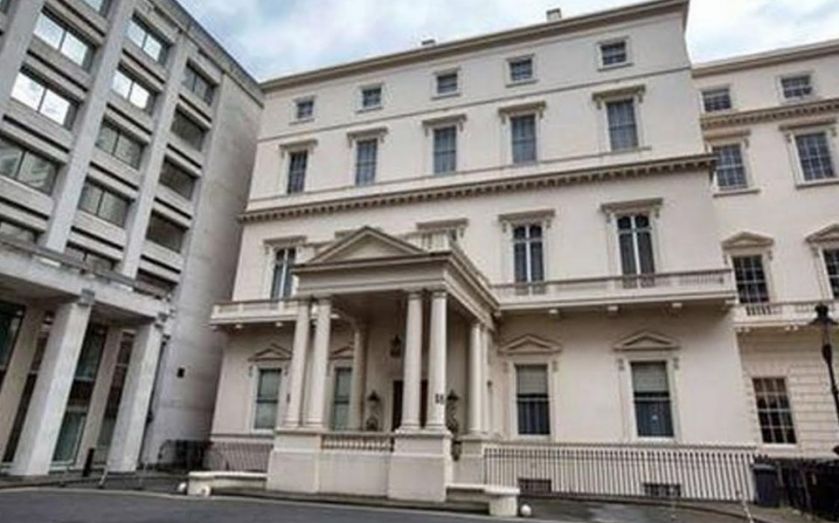Are Osborne’s reforms to stamp duty welcome news for the UK?

Rory Meakin, research fellow at the TaxPayers’ Alliance, says Yes.
Finally! Yesterday, the chancellor at last ditched the awful “slab” rate structure for stamp duty on homes.
Higher rates now only apply to the amount over the tax’s thresholds, instead of the whole purchase price.
Stamp duty starts at £125,000. If you bought a home for £126,000 yesterday, you’d have had to pay 1 per cent on the whole amount: a bill of £1,260.
Today you’d pay 2 per cent – but only on the £1,000 excess, so £20.
As well as saving taxpayers money, the change should put an end to the “dead spots” just above the thresholds, and should stop people trying to dodge the higher rates by wheezes like selling washing machines separately.
But it’s not all good news. Buyers of most homes under £937,500 will still face an extortionate bill, while most above that level will have to pay even more after the reforms.
Nothing short of abolition is enough for this fundamentally flawed tax, but we should cheer the demise of its bonkers structure – and the £800m cut.
Caroline Garnham, chief executive of The Virtual Family Office, a club for the UHNW community, says No.
Putting up stamp duty for the most expensive homes – anyone buying a £2.1m house will pay an effective tax rate of 7.9 per cent – will be hugely damaging.
It’s not just the home owners who are affected – it’s also the builders, architects, designers, plumbers and estate agents who thrive on a buoyant market.
These industries pay corporation tax on their profits, their employees pay income tax and national insurance, and VAT is charged on their products and services.
If their market dries up, so will their profits. The Treasury’s tax take will fall.
The boroughs of Westminster and Chelsea alone raise £708m in stamp duty a year. That’s more than Scotland, Northern Ireland, Wales and northern England put together.
It is human beings who pay taxes, not automatons. If tax gets too high, it changes behaviour – and that’s as true of ultra high net worth (UHNW) individuals as anyone.